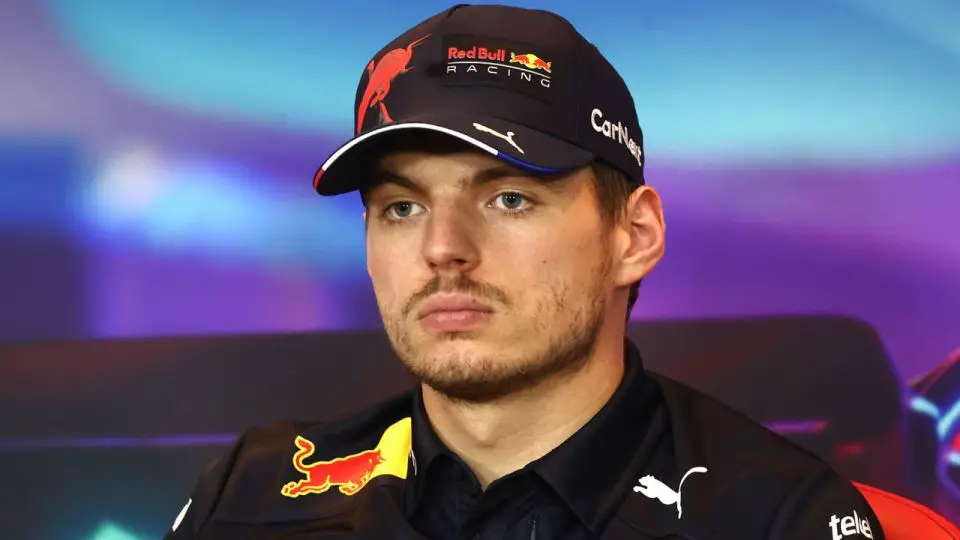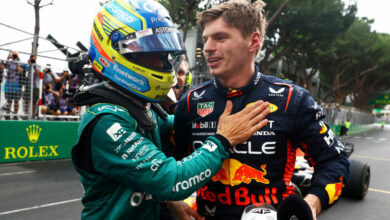Max Verstappen Advocates for Greater GPDA Influence in F1 Decision-Making
Red Bull’s Max Verstappen has called for an enhanced role of the Grand Prix Drivers’ Association in Formula 1. Verstappen emphasized the need for driver’s collective voice and independent decision-making in the sport.
Key Takeaways:
- Increased GPDA Influence: Max Verstappen, the Red Bull racing driver, urges for a stronger influence of the Grand Prix Drivers’ Association in Formula 1. He advocates for a platform where drivers can have a significant say in the sport’s decision-making processes.
- History and Role of GPDA: Established in 1961, the GPDA serves as a union for drivers, voicing concerns about Formula 1 governance. Currently chaired by Alexander Wurz, with George Russell as a director, the association has been instrumental in addressing safety issues but lacks official authority.
- Unified Driver Voice: Both Verstappen and his teammate Sergio Perez stress the importance of the GPDA as a collective voice representing the drivers. They hope for the association to gain more influence in future Formula 1 decisions, reflecting the drivers’ perspectives.

In recent statements, Max Verstappen, the renowned Red Bull driver, has highlighted the importance of the Grand Prix Drivers’ Association (GDPA) in Formula 1. He expressed his wish for the GDPA to play a more pivotal role, allowing drivers to have a collective voice and be more involved in decision-making within the sport. Verstappen’s call for change underscores a long-standing desire among drivers for greater influence in the sport’s governance.
The GPDA, with a rich history dating back to 1961, was formed as a union for drivers to collectively address concerns related to Formula 1 governance. The association, currently chaired by former F1 driver Alexander Wurz, with Mercedes driver George Russell serving as a director, has primarily focused on safety issues in the sport. However, its influence has been limited to an advisory capacity, lacking any official authority.
Verstappen, in his statement to the media, emphasized the challenges faced by the GPDA in influencing change due to the complex rules and politics of Formula 1. He candidly expressed, “I would like to be the owner of F1 if I could, but that’s not the real world.” His words reflect a desire for a more straightforward process in decision-making, one where the drivers’ association can play a more significant role.
Echoing Verstappen’s sentiments, his teammate Sergio Perez also voiced support for the GDPA, highlighting its collective nature. Perez added, “It’s the board, it’s the majority of all of us that are living the sport, and it would be nice to see in the near future that they will consider more the opinion of the GPDA as an association.”
The call for more influence by the GDPA is not without precedent. In the past, the association has organized boycotts of several Grand Prix events over safety concerns, notably in the 1960s and ’70s at the Spa and Nurburgring Grand Prix, and a strike in 1982 at the South African Grand Prix. These actions underline the potential impact the GPDA can have when unified in their stance.
As the sport continues to evolve, the voices of drivers like Verstappen and Perez advocating for a stronger GPDA role could pave the way for significant changes in Formula 1 governance. Their push for a collective voice and independent decision-making might influence the future direction of the sport, balancing the interests of drivers with the commercial and regulatory aspects of Formula 1.



